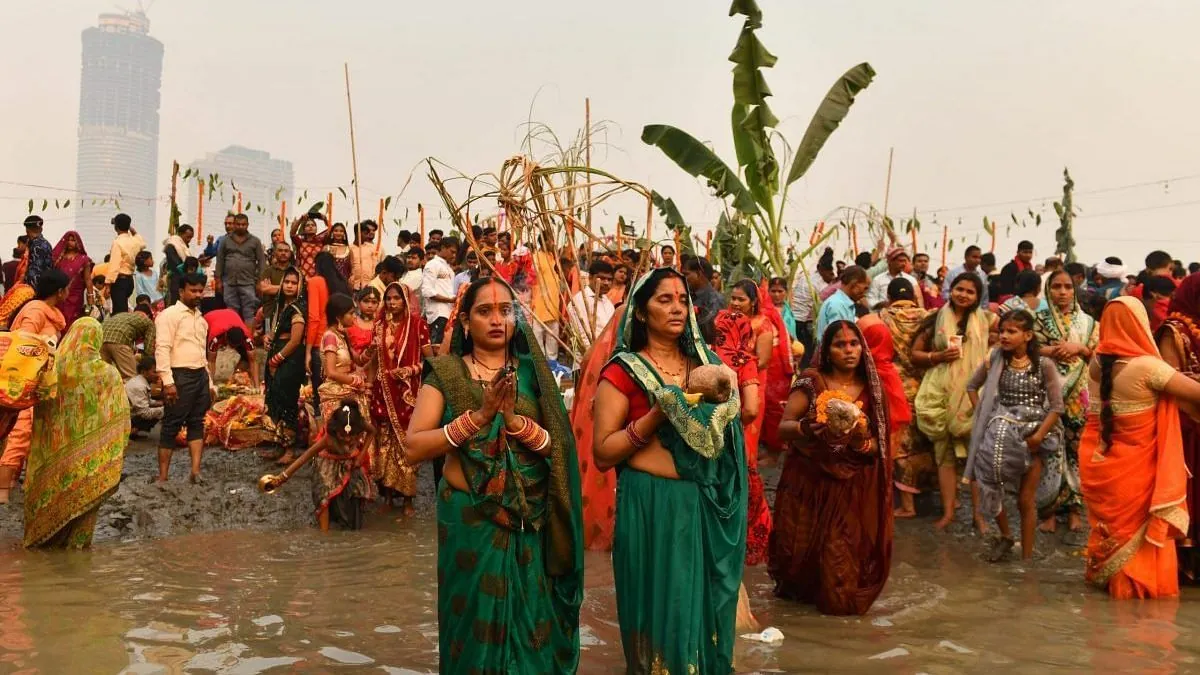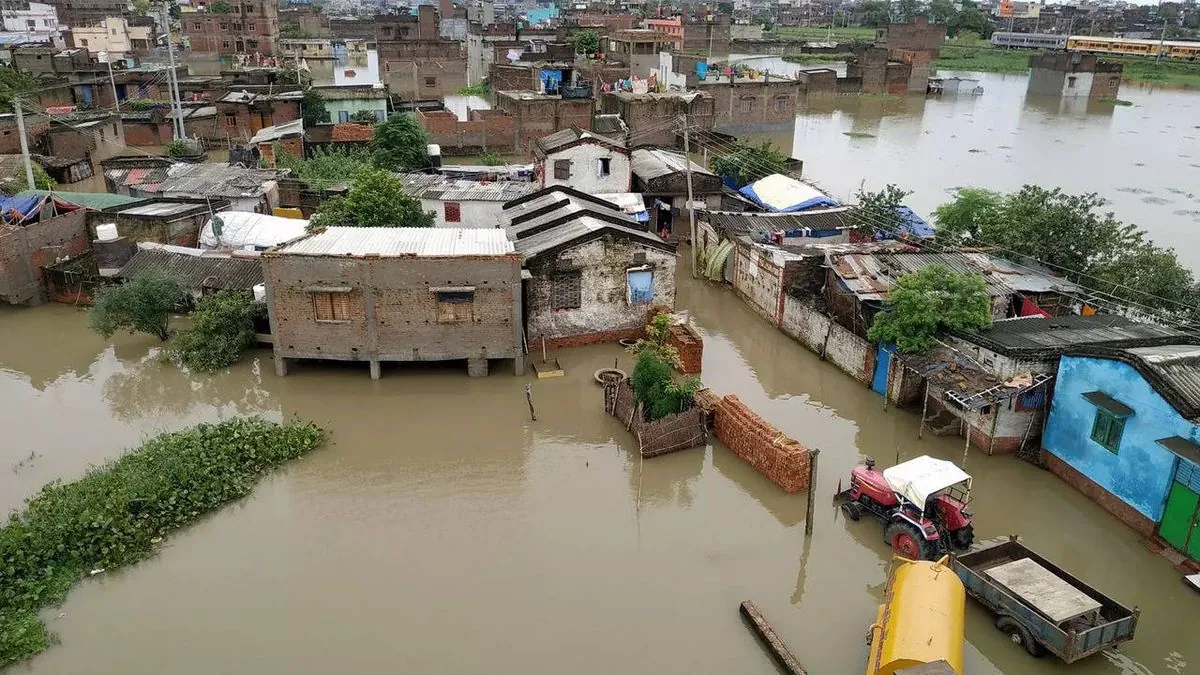Tragic Drownings Claim 46 Lives During Hindu Festival in Bihar, India
46 people, mostly children, drowned during a Hindu festival in Bihar, India. Swollen rivers and ponds due to recent floods contributed to the tragedy across 15 districts.

In a tragic turn of events, 46 individuals lost their lives due to drowning incidents during the celebration of a Hindu religious festival in Bihar, India. The majority of the victims were children, with 37 young lives lost alongside seven women. These incidents occurred across 15 districts of the state, as reported by Bihar's disaster management department one year ago.
The festival in question, Jivitputrika Vrat, is an annual observance where women fast for a full day and offer prayers for their children's well-being. As part of the ritual, devotees visit nearby water bodies to bathe, often accompanied by their children. However, recent flooding had caused rivers and ponds to swell, creating hazardous conditions for the celebrants.
"The state government has announced compensation of 400,000 rupees for the families of each of the deceased."
This tragedy highlights the ongoing challenges Bihar faces in terms of flood management and disaster preparedness. As the third-largest state by population in India, Bihar has been working on improving its disaster management capabilities for years. The state experiences monsoon rains typically from June to September, which often lead to flooding in various regions.

It's worth noting that while India has experienced deadly stampedes during religious events in the past, widespread drowning incidents during festivals are uncommon. This unfortunate event underscores the need for increased safety measures during religious celebrations, especially in areas prone to natural disasters.
Bihar, with its rich history dating back to ancient Indian empires, is known for its cultural heritage and religious significance. The state capital, Patna, is one of the oldest continuously inhabited places in the world. While Bihar boasts numerous important pilgrimage sites for various religions, it also faces significant challenges in terms of infrastructure and development.
The state has been implementing various schemes for child welfare and women's empowerment. However, the recent tragedy highlights the need for more robust safety measures, particularly during large-scale religious observances. Bihar's predominantly rural population and lower-than-national-average literacy rate may contribute to the challenges in disseminating safety information effectively.
As Bihar continues to work on improving its healthcare infrastructure and implementing river interlinking projects to manage floods, incidents like this serve as a stark reminder of the importance of comprehensive disaster management strategies. The state's focus on social reform movements and efforts to preserve its rich tradition of folk art and culture must be balanced with urgent measures to ensure public safety during religious gatherings.
This tragic event not only impacts the families of the victims but also resonates throughout Bihar's significant youth population. As the state moves forward, it must address these challenges while honoring its cultural and religious heritage, ensuring that future celebrations can be conducted safely for all participants.


































